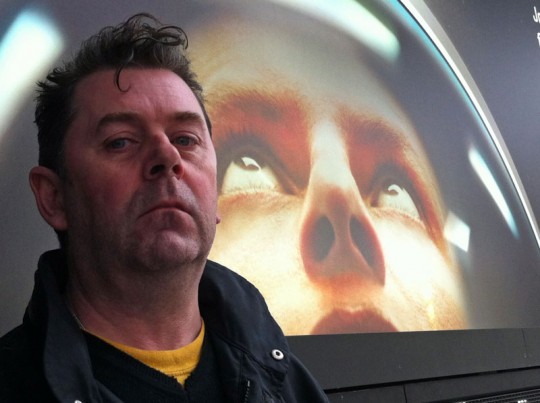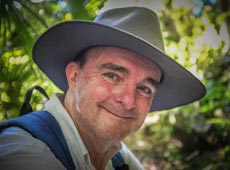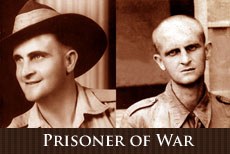Saturday morning in Taipei, Taiwan. It is the 31st December. Shao Ping and I have been knocking around with friends from England who are on holidays here as well. Shao Ping is also participating in a calligraphy course as well as attending a 3 week intensive language teaching course at a local university. More on that next week. I am off to Singapore in a week to conduct some workshops as well and then returning here to Taiwan. It is winter but the weather has been quite mild. It is still Friday in some parts of the world…
Well, it is the last Friday Follow Twitter Interview of the year and this week’s special guest is the truly inspirational and hardworking Steve Wheeler aka @timbuckteeth. Now, Steve is a gracious and most accommodating individual. I remember following Steve in the early days of my connection with Twitter. Steve shared and continues to share his wisdom, experience and ideas freely and in the spirit of advancing education in all forms around the world. I was also fascinated by this educator that used a still from 2001 A Space Oddysey for his Twitter avatar. I shall not cary on much more at this point and simply allow Steve share his story and thoughts…
1. Please share a little about yourself with the readers.
I’m Associate Professor of Learning Technologies at Plymouth University, in South West England. I originally trained as a psychologist and then as a teacher, and have spent my entire career working in media, technology and learning, predominantly in nurse education (NHS 1981-1995) and teacher education and training (1976-1981 and 1995-present). I’m now in the Faculty of Health, Education and Society and I live in Plymouth with my wife (also a teacher) and my three children. I teach on a number of undergraduate and post-graduate teacher education programmes and specialise in research on e-learning and distance education, with particular emphasis on social media and Web 2.0 tools. I am regularly invited to speak about my work and have given keynotes and invited lectures to audiences over 20 countries across 5 continents. I’m currently involved in several research programmes related to e-learning, social media and handheld technologies. My blog Learning with ‘e’s is a regular online commentary on the social and cultural impact of disruptive technologies, and the application of digital media in education and training. My website is here: http://steve-wheeler.net
2. Describe the role played by social media in education.
Social media tools are arguably the most significant game changers in the history of education since the Gutenberg Press. The fact that you can create and share content within your own global community of practice and do it fairly instantly is far reaching and transformative. The ability to organise and curate that content, and to do so collaboratively, reaches to the heart of new and emerging digital age pedagogies, and truly brings learning to all. Social media enable all kinds of independent learning to happen, many of which are outside the school gates. The ability to search for knowledge on sites such as Wikipedia, or to converse directly with professionals on Twitter is challenging our long established concepts of the nature of knowledge, and the role of the expert. The ability to amplify these forms of independent learning has yet to be fully appreciated.
3. Tell me about your relationship with social media. How do you feel about social media?
Social media are an important part of my professional and personal experience. I blog and tweet regularly as a major part of my professional practice and organise content through curation tools such as Scoop.it. I learn a lot from my own personal and professional learning networks, and social media tools have created the gateway that enables me to engage so readily and completely with colleagues around the world. There are so many great people out there in the blogosphere/Twitterverse from whom I learn so much, and gaining so much personally from, it is only reasonable that I try to contribute by giving something back.
4. What do you feel are you strengths?
One of the key strengths of social media tools is that they are free and open for use by all. Much else of what I have already said above is also applicable to this question.
5. What advice do you like to share with people?
Keep on keeping on. Persist with social media, and you will see the results, both personally and professionally. Social media is like a bank. You get back what you put in, but sometimes you also receive some interest on your investment.
6. Are there any questions you would like to ask?
What time is lunch?
Lunch is soon, ^_^
You are quite right Steve. Social media is a transformative entity. Never ceases to intrigue and amaze me that educators from around the world are able to share ideas and exchange notes so easily. Twenty years meeting up with teachers from other parts of the world simply didn’t happen unless you were able to participate on a teacher exchange. You may meet up with other teachers on a local regional basis. Global connections were not possible. All that is changed. Teachers, students, classrooms and schools can connect so readily. It is positive. It is growth. It is good for the world. Educators have the opportunity to simply be exemplars for all in this increasingly connected world. Steve, why @timbuckteeth?
Thank you for being a part of this experiment Steve. I do appreciate hoiw you gave up your time as such short notice. You are very generous. To Steve and all my readers please have a safe and happy new year. Remember to explore Steve’s rich presence on the web.
- Steve’s Twitter account
- Steve’s e-Learning Blog
- Steve’s University Homepage
- Steve’s Facebook account
- Steve’s Ning IFIP Education page
- Steve’s Slideshare page
- Steve’s Wikipedia page
- Steve’s Future School Scoop.it Site
Credit: The picture on this page was taken by Joyce Seitzinger in Melbourne, Australia in November 2011.









Recent Comments